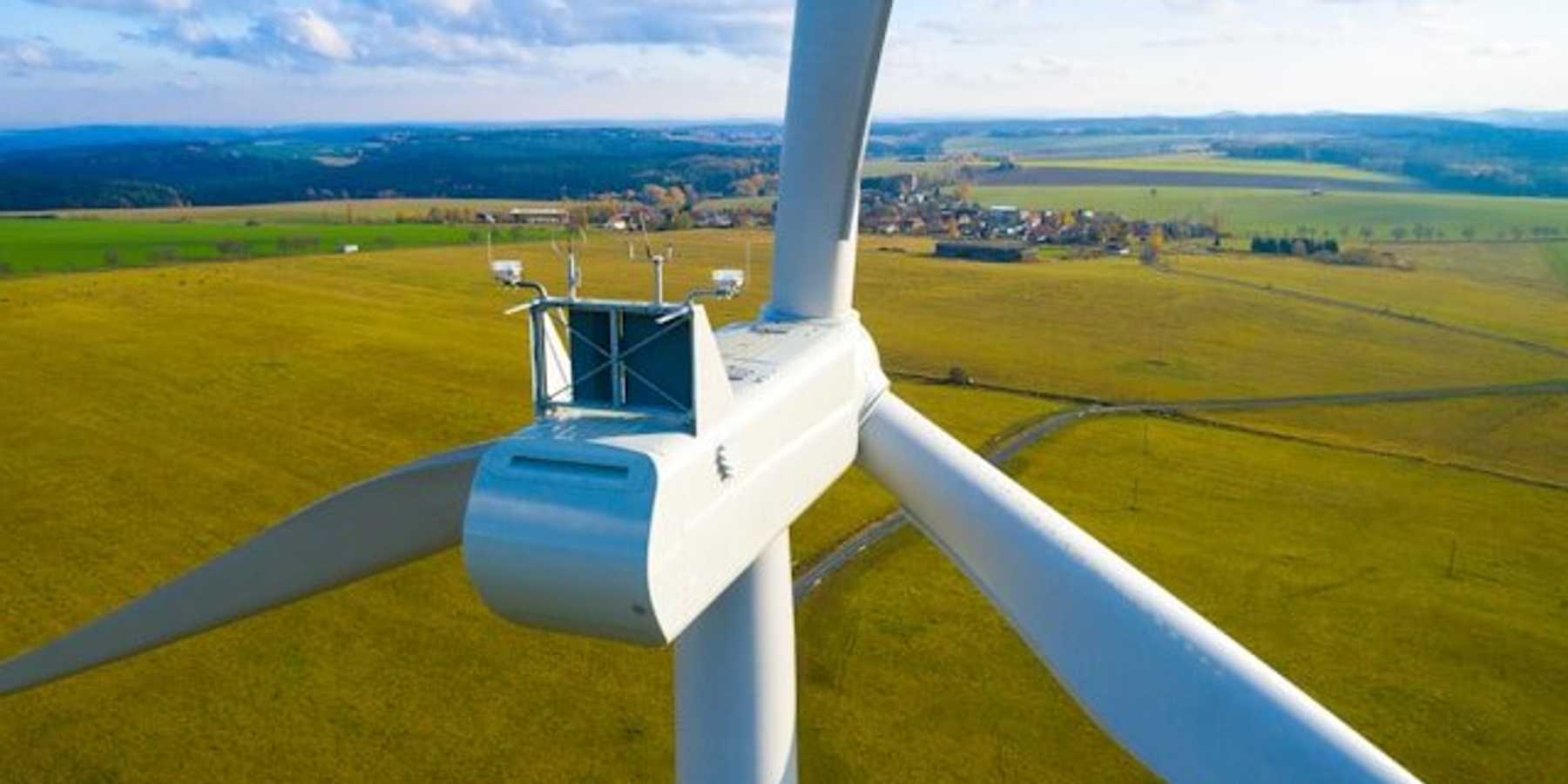
Trump administration uses conservation laws to block wind and solar projects
The U.S. Department of the Interior is applying decades-old environmental laws to slow or stop renewable energy development on public land, using legal tools once aimed at fossil fuels.
Rebecca Egan McCarthy reports for Grist.
In short:
- The Interior Department is requiring “elevated review” and personal sign-off from Secretary Doug Burgum for all solar and wind projects, while canceling permits and rescinding offshore wind zones.
- Officials are using metrics like “capacity density” to disqualify renewable projects that generate less energy per acre than oil and gas facilities, despite differing land impacts.
- Experts argue the administration is manipulating environmental law in bad faith to halt clean energy growth while expanding offshore drilling and weakening mining regulations.
Key quote:
“They are effectively trying to co-opt arguments that we have used for years to push back on fossil fuels.”
— Erik Schlenker-Goodrich, executive director, Western Environmental Law Center
Why this matters:
The U.S. government has long subsidized fossil fuels and permitted extractive industries to degrade land and water, often at steep environmental and public health costs. Wind and solar are now being held to a different standard, with new regulatory barriers introduced under the guise of conservation. But oil and gas drilling has well-documented impacts — ground contamination, air pollution, and toxic runoff — that outlast any wind turbine or solar panel. Using environmental laws to stifle renewables while expanding offshore oil leasing and mining raises questions about motive and long-term consequences. The public lands at stake serve not just as potential energy sites, but also as critical ecosystems and shared resources.
Related: Trump’s energy orders could cost U.S. utility customers billions each year













